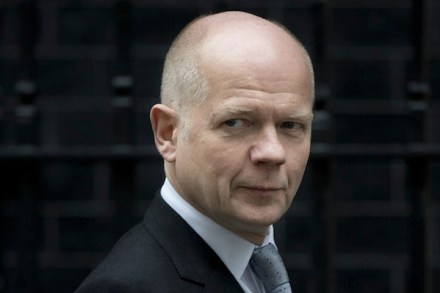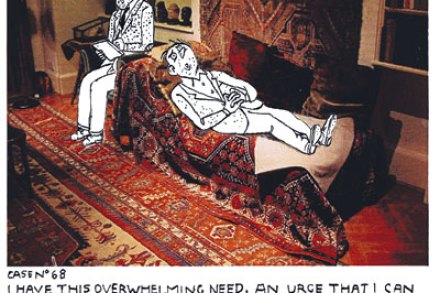Syria: when ‘red lines’ make the headlines
What is a red line, exactly? We’ve been hearing a lot of talk about ‘red lines’ from our politicians in recent weeks in relation to Syria, chemical weapons, and western intervention. ‘Red Line’ has become a sort of post-Iraq diplomatic catchphrase. It translates, roughly, as the ‘point at which we, the West, will definitely — and we really mean it — intervene, so take us seriously, ok?’ But where has it come from? Is it connected to ‘redline’, the mechanical word for the maximum engine speed at which an internal combustion engine can operate without overheating? Is it to do with the red laser lines that alarm systems use? The thin red
















